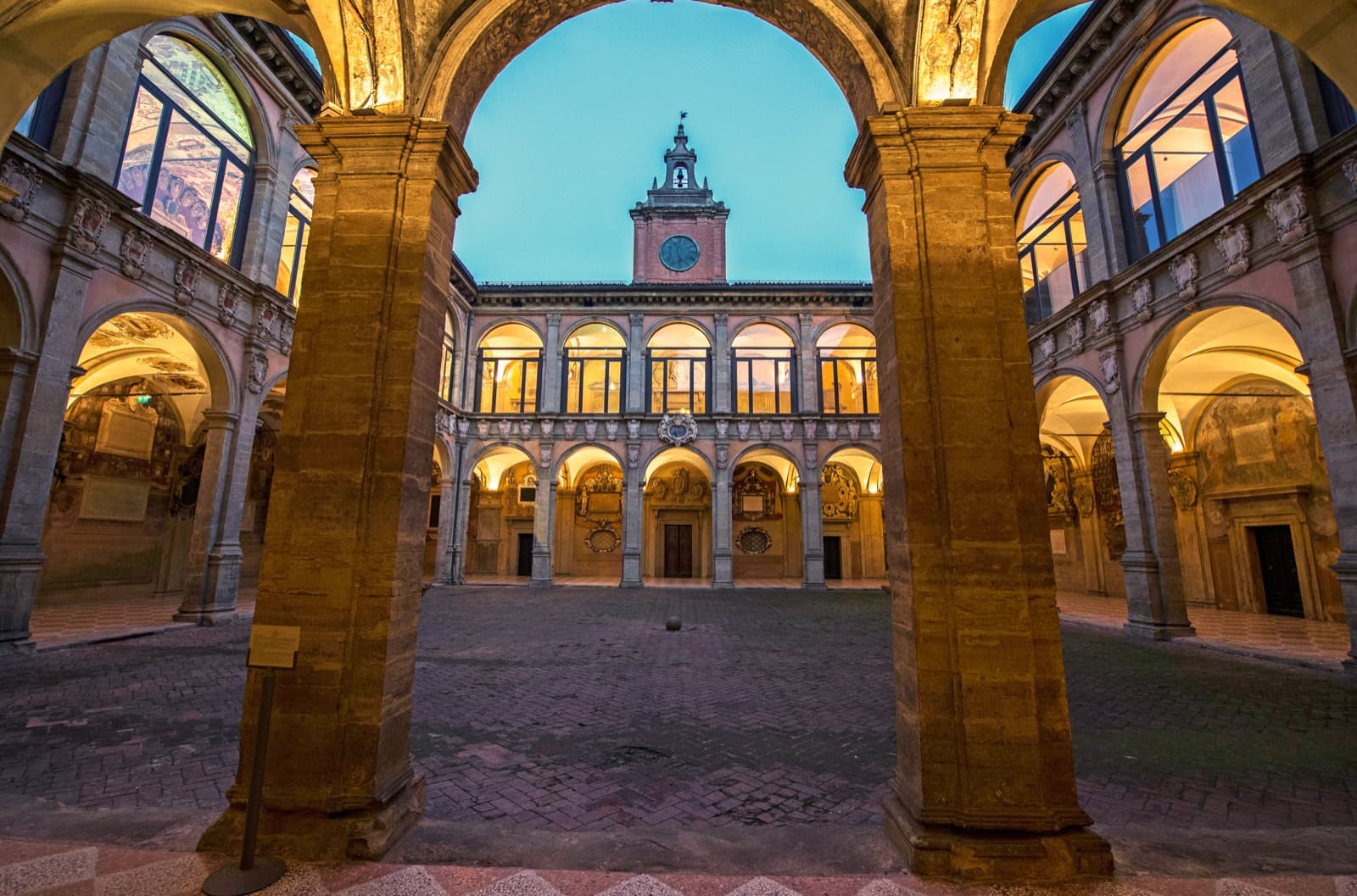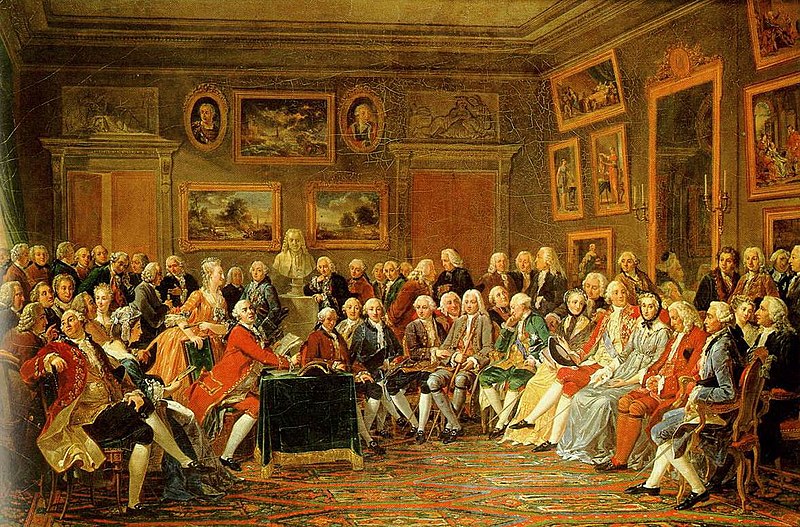The insatiable need for knowledge has lit the human spirit throughout the ages, propelling us on an unparalleled voyage of intellectual growth and exploration. Our quest for knowledge has woven an elaborate tapestry documenting the enthralling growth of higher education, which has irrevocably molded the minds and destinies of countless generations.
The prevalence of education in the modern era is palpable, as evidenced by the large number of graduates entering the job market each year and the bustling traffic of eager learners seeking help with dissertations on various academic platforms and apps.
Join us on an enthralling journey through time, showcasing the triumphs and struggles, critical moments, and groundbreaking breakthroughs that have shaped the educational environment. From the revered halls of ancient Greek academies to the huge campuses of modern institutions, prepare for an awe-inspiring trip that will leave you in wonder about humanity’s undying spirit of inquiry and the persistent pursuit of knowledge.
1. Ancient Civilizations: Pioneering the Quest for Knowledge

Mesopotamia, Egypt, Greece, and Rome stand as a testament to humanity’s quest for knowledge. Yet, in these remarkable societies, the privilege of education was reserved for an elite few—the priests, nobles, and ruling class. Within the hallowed halls of ancient academies, a wealth of wisdom awaited those deemed worthy.
Education in these ancient realms was a sacred endeavor, focusing on disciplines that shaped the very fabric of human understanding. Philosophy, with its contemplation of existence and the nature of reality, stirred the minds of seekers. Mathematics, its intricate patterns, and calculations, became the language of precision. Astronomy, unlocking the mysteries of the cosmos, fueled a fascination with celestial wonders. And literature, woven with tales of gods and mortals, illuminated the human condition.
Scholars immersed themselves in a rich tapestry of ancient knowledge, shaping the course of civilization itself. From the timeless philosophies of Socrates and Aristotle to the groundbreaking discoveries of Archimedes and Ptolemy, the foundations of modern thought were laid. These ancient academies nurtured the intellectual giants of their time, fostering an insatiable curiosity that would shape the world for centuries to come.
2. Medieval Universities: The Light of Learning in the Dark Ages

In the heart of Europe, the University of Bologna, founded in 1088, emerged as a pioneering institution, setting the stage for a transformative period in higher education.
These medieval universities offered sanctuary for those thirsting for knowledge. They were bastions of intellectual exploration, where scholars gathered to delve into a diverse array of disciplines. Law, medicine, theology, and the arts flourished within their storied halls.
Latin, the universal language of the learned, reverberated through these venerable institutions, as students and scholars immersed themselves in the riches of classical wisdom. Education during this era was intertwined with the Church, as it held significant influence over the curriculum and the direction of intellectual pursuits.
Yet, amidst the religious framework, medieval universities were crucibles of thought, nurturing profound thinkers who challenged the status quo. As ink met parchment, the minds of medieval scholars sought to unravel the mysteries of the world. Illuminated manuscripts adorned with intricate illustrations and profound insights became sacred treasures, preserving the wisdom of antiquity and inspiring new generations.
Medieval universities, with their lectures, disputations, and communal pursuit of knowledge, forged a path for intellectual enlightenment setting a precedent for the pursuit of truth and the cultivation of critical thinking.
3. Renaissance and Enlightenment: The Awakening of Human Intellect

During the Renaissance, spanning the 14th to 17th centuries, the echoes of ancient wisdom reverberated anew. Humanism emerged as a dominant intellectual movement, emphasizing the study of human nature, literature, and philosophy. Scholars immersed themselves in the classical works of Greece and Rome, rekindling a love affair with the arts, sciences, and the exploration of human potential.
The Enlightenment, spanning the 17th and 18th centuries, illuminated the path forward. Reason, science, and critical thinking became guiding stars, leading universities to expand their curricula beyond traditional boundaries. Natural sciences, such as physics and biology, joined the ranks alongside social sciences, as scholars sought to understand the world through empirical observation and analysis.
Universities became vibrant hubs of intellectual activity, nurturing thinkers who challenged the dogmas of the past. They fostered an environment where ideas could flourish, sparking revolutions in thought, politics, and society. From the philosophical musings of Descartes and Locke to the scientific breakthroughs of Newton and Galileo, the foundations of modernity were forged within these hallowed halls.
4. Industrial Revolution and Modernization: Forging a New Educational Frontier
As the wheels of progress turned, the demand for specialized skills and technical knowledge grew exponentially. Technical schools and vocational training centers emerged, catering to the practical requirements of an industrialized society.
These institutions equipped individuals with the tools to navigate the intricacies of engineering, economics, and other practical disciplines. They embraced the ethos of applied knowledge, nurturing a generation of professionals who would shape the world.
Simultaneously, universities expanded their horizons, diversifying their offerings to encompass a broader spectrum of subjects. Embracing the interdisciplinary spirit, they intertwined arts and sciences, fusing creativity and innovation. The pursuit of knowledge became intertwined with the practical application of ideas, as academia adapted to the demands of a rapidly changing landscape.
5. 20th Century to Beyond: Education for All in a Technological Era

As societies embraced the ideals of inclusivity and progress, access to education expanded, heralding a new era of possibilities.
Public universities and colleges emerged, opening the doors of education to a broader population. The focus shifted from classical education to practical and vocational training, aligning curricula with the changing needs of society. Fields such as technology, business, and healthcare gained prominence, reflecting the demands of a rapidly evolving world.
Moreover, the rise of technology revolutionized higher education. Distance learning and online education offered unprecedented flexibility and access to knowledge, transcending geographical boundaries. Research collaborations transcended borders, fostering a global exchange of ideas and perspectives.
In this modern landscape, higher education became a gateway to personal and professional growth. It empowered individuals to cultivate their passions, bridge societal divides, and contribute to the progress of humankind.
Final Take
Through the ages, higher education has been a catalyst for progress, empowering individuals to unlock their potential and shape the world around them. It is a testament to the unwavering human spirit of inquiry and the enduring quest for knowledge that continues to inspire and illuminate our collective journey.



